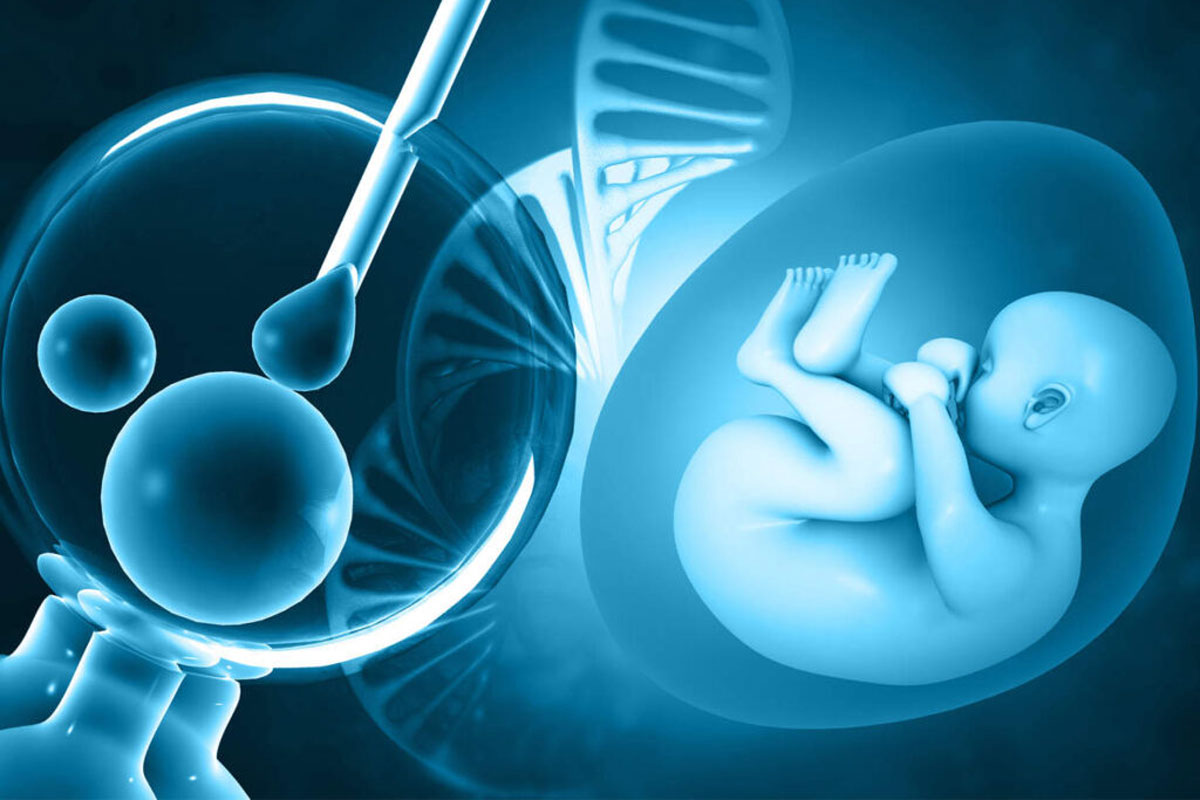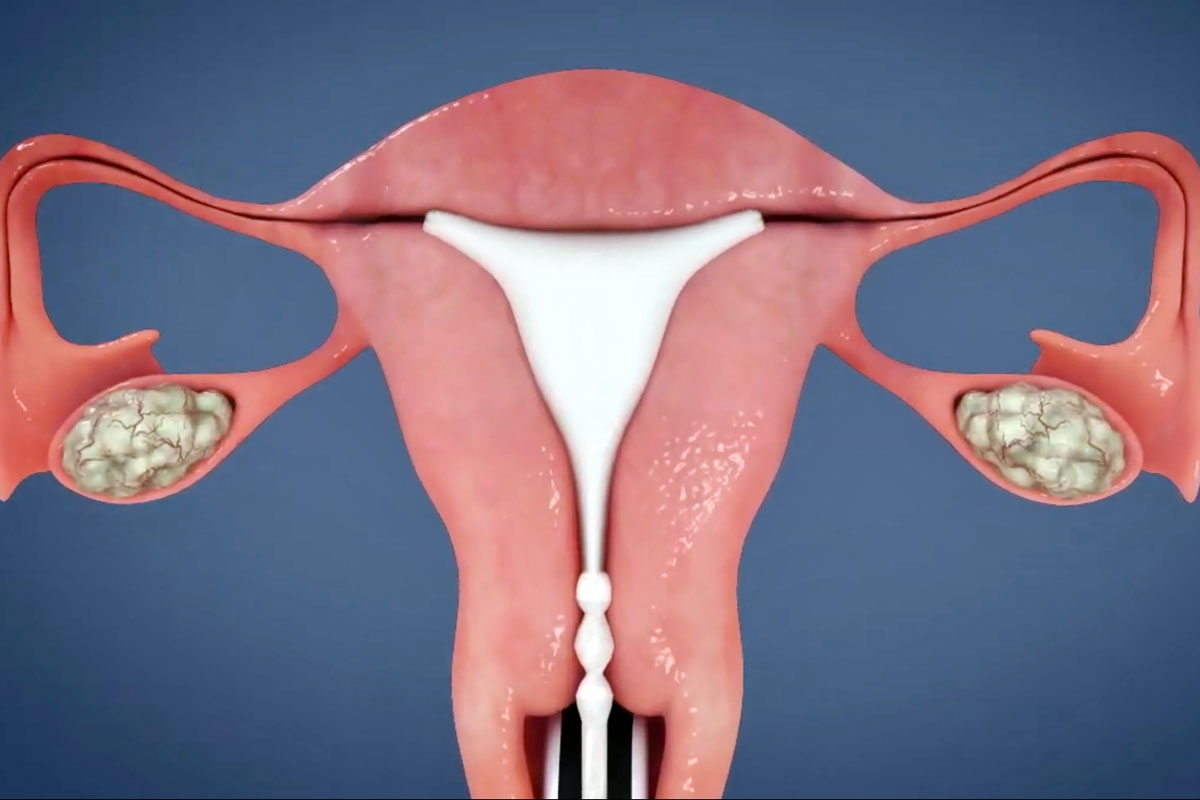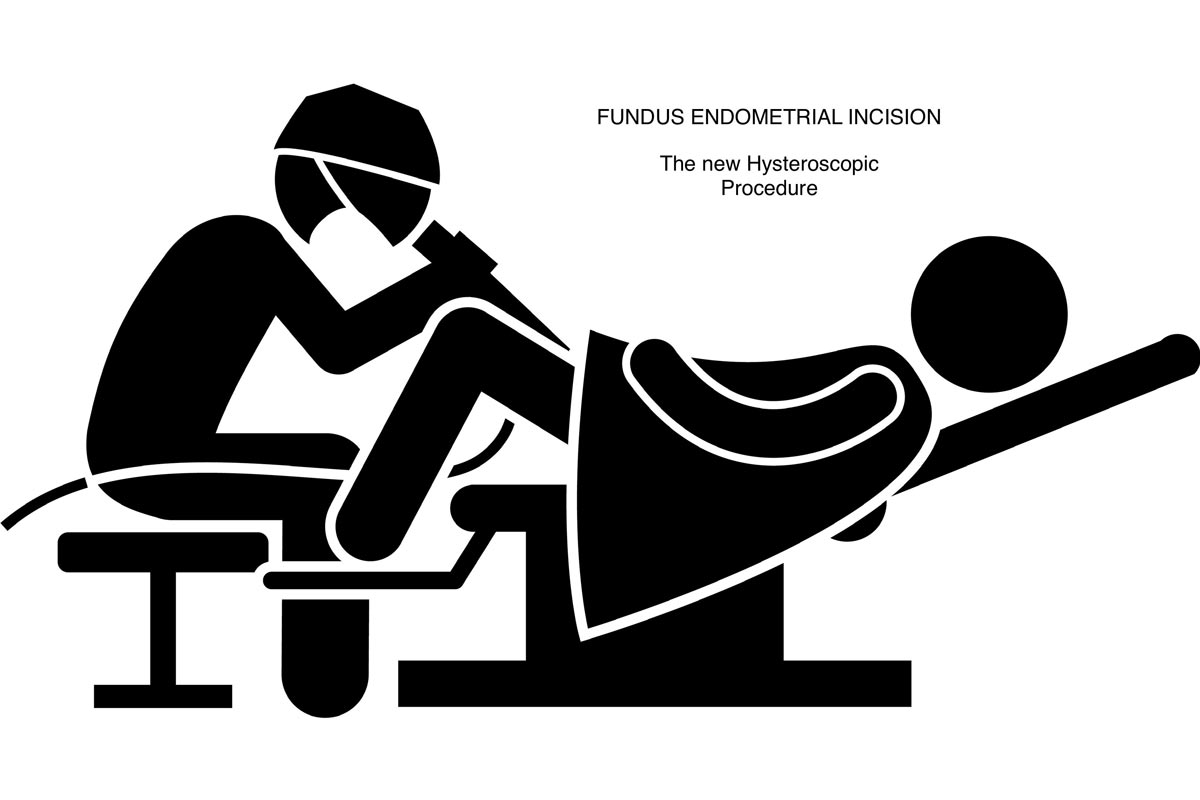Cystic fibrosis (CF) is one of the most common inherited diseases in the Caucasian population. It is caused by a failure of a protein that maintains the chloride (salt) balance in the body. CF causes the body to produce thick, sticky mucus that can cause breathing problems and lung infections, digestive problems (difficulty absorbing some types of foods), and infertility. CF does not cause mental retardation or birth defects.
Preimplantation Genetic Diagnosis
Single gene disorders are genetic conditions caused by the alteration or mutation of one specific gene in the affected person's DNA. Examples of single gene disorders are CYSTIC FIBROSIS, SICKLE CELL ANEMIA, TAY SACHS DISEASE, MYOTONIC DYSTROPHY, and DUCHENNE/BECKER MUSCULAR DYSTROPHY, to name a few. Individuals with a family history of single gene disorders are at increased risk for passing the condition onto their children.
By definition, preimplantation genetic diagnosis (PGD) is diagnosis of a genetic condition prior to achievement of a pregnancy. PGD was first performed in the early 1990's as a way for couples to prevent the pregnancy of a child with genetic disease. Currently, we are able to perform PGD for many genetic conditions including single gene disorders and for chromosomal abnormalities.
Translocations
It is estimated that 1 in 625 individuals in the general population carry a balanced chromosomal translocation. Other chromosomal translocations may occur more frequently in the general population. Individuals that carry a balanced chromosomal translocation contain all of their genetic information; however, pieces of some chromosomes have switched places. Individuals that carry chromosomal translocations are typically healthy; however they are at an increased risk for infertility, miscarriage, stillbirth, and/or having a child with birth defects.
PGD allows only those embryos identified as being free from genetic abnormalities to be transferred for implantation in the mother’s uterus. PGD provides great comfort by reducing the probability of passing on a genetic abnormality and increasing the likelihood of a normal pregnancy. PGD may be utilized when a genetic defect is the suspected cause of infertility.
A chromosomal abnormality in the embryo is the reason for Recurrent Pregnancy Loss, or miscarriages, in at least 50% of women 35 years or older.We also know that a test, available through IVF clinics, called PGD, or Preimplantation Genetic Diagnosis, is now widely used to identify chromosome abnormalities. In fact, it has been found that PGD - which has been available since 1991 - may significantly improve a woman's chances of carrying a child to term. It may also increase her chances of becoming pregnant and reduce the likelihood of a baby being born with an atypical number of chromosomes.












